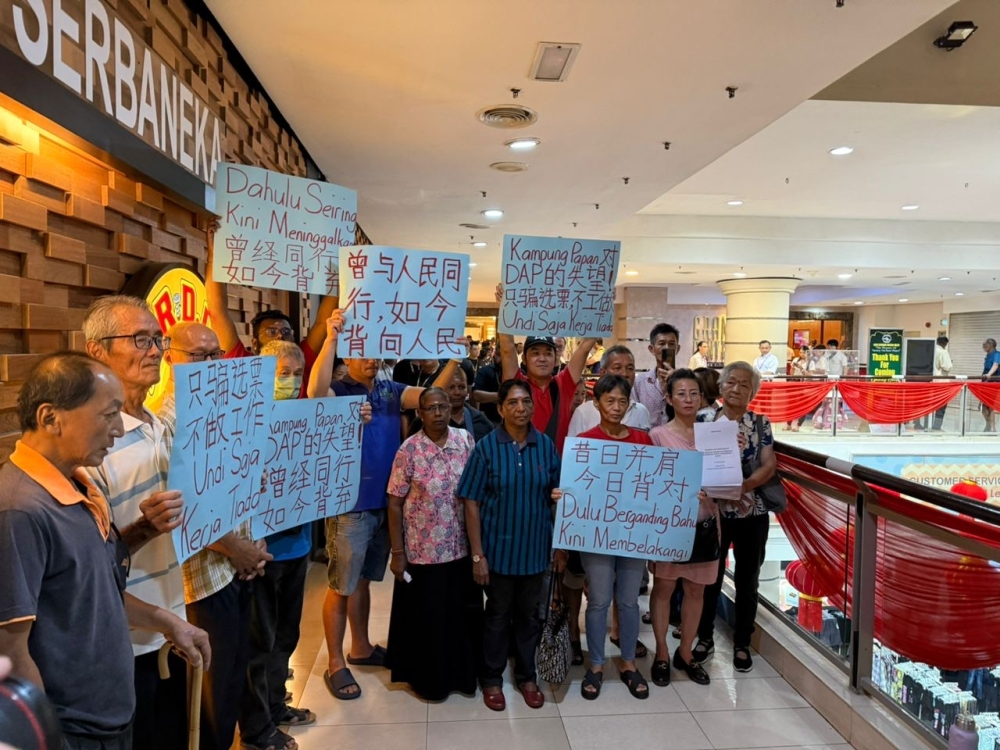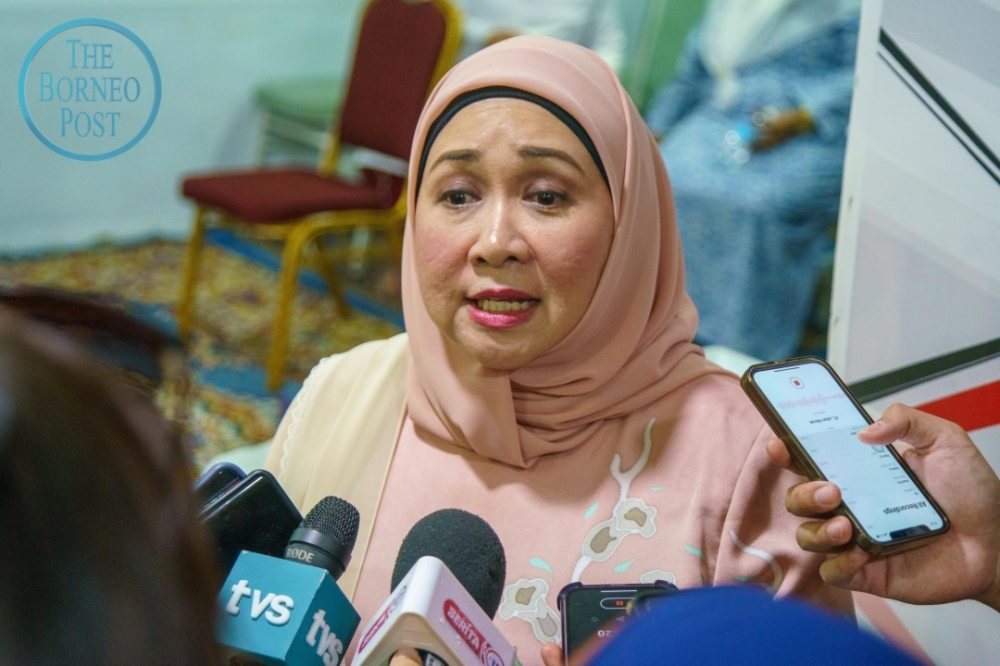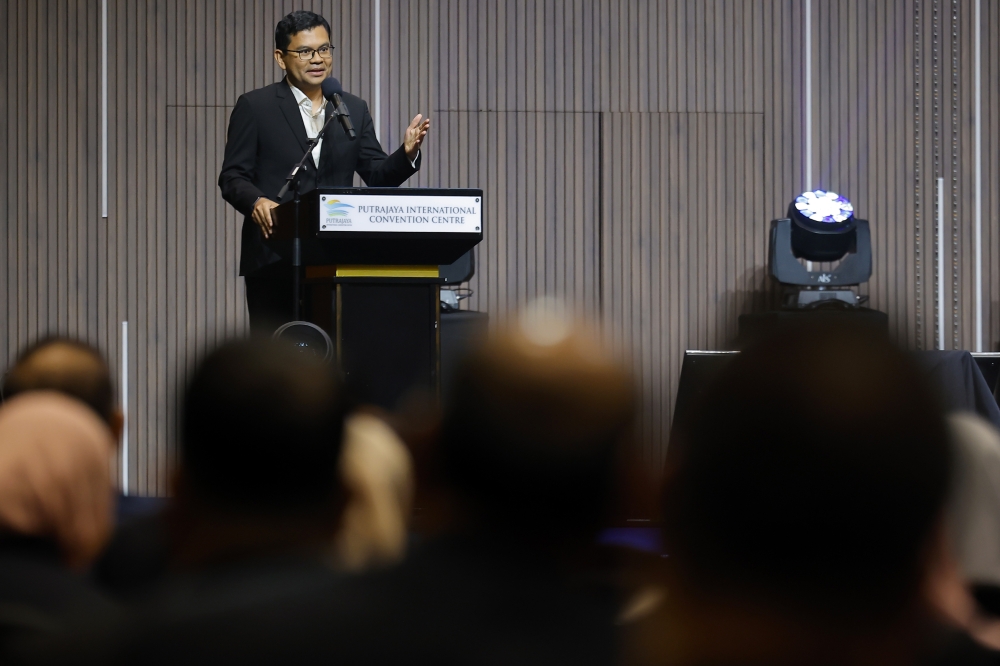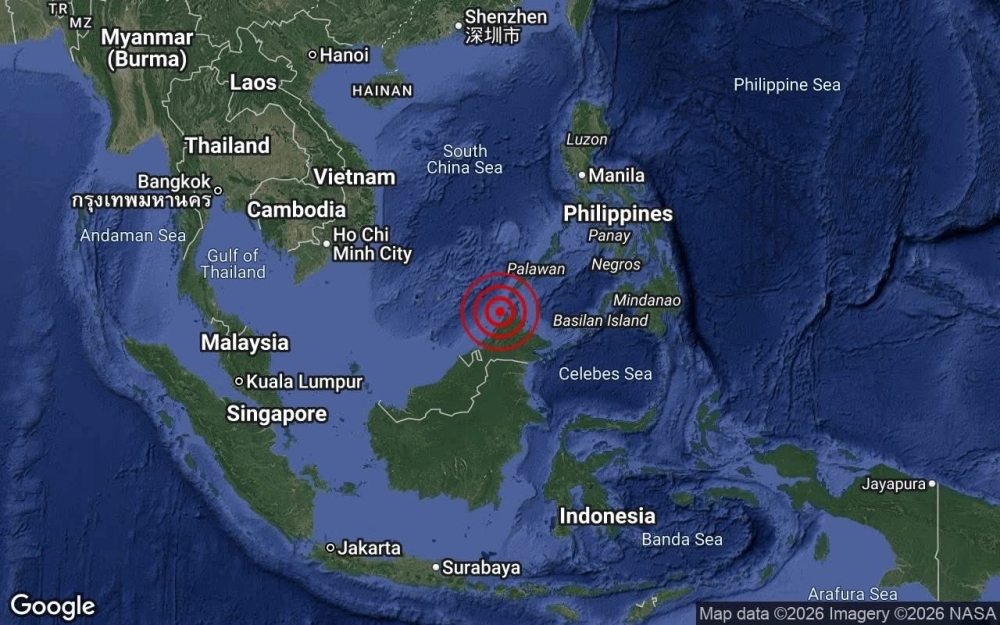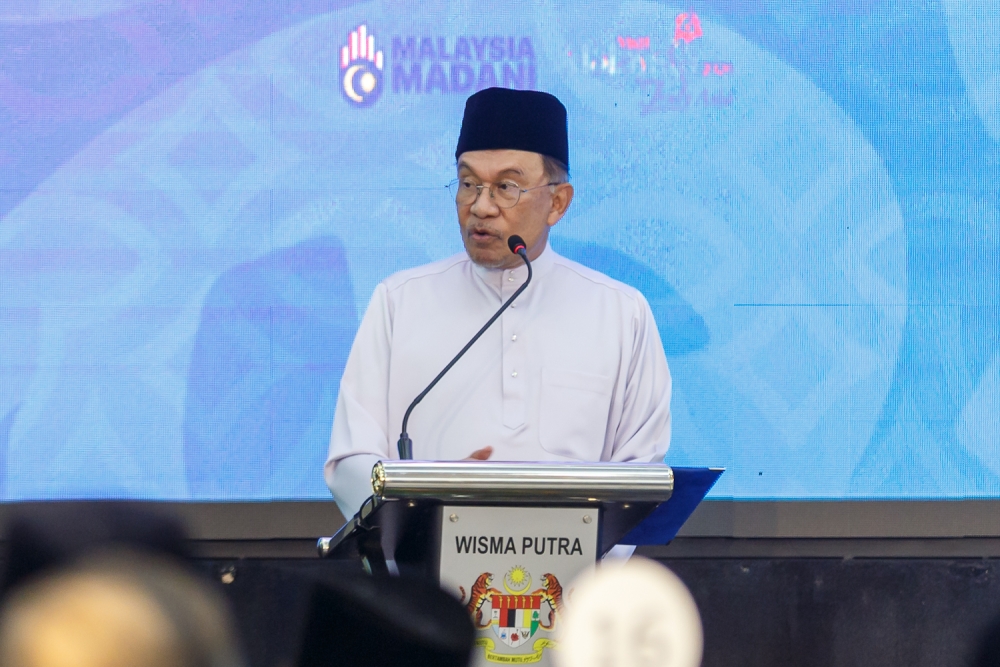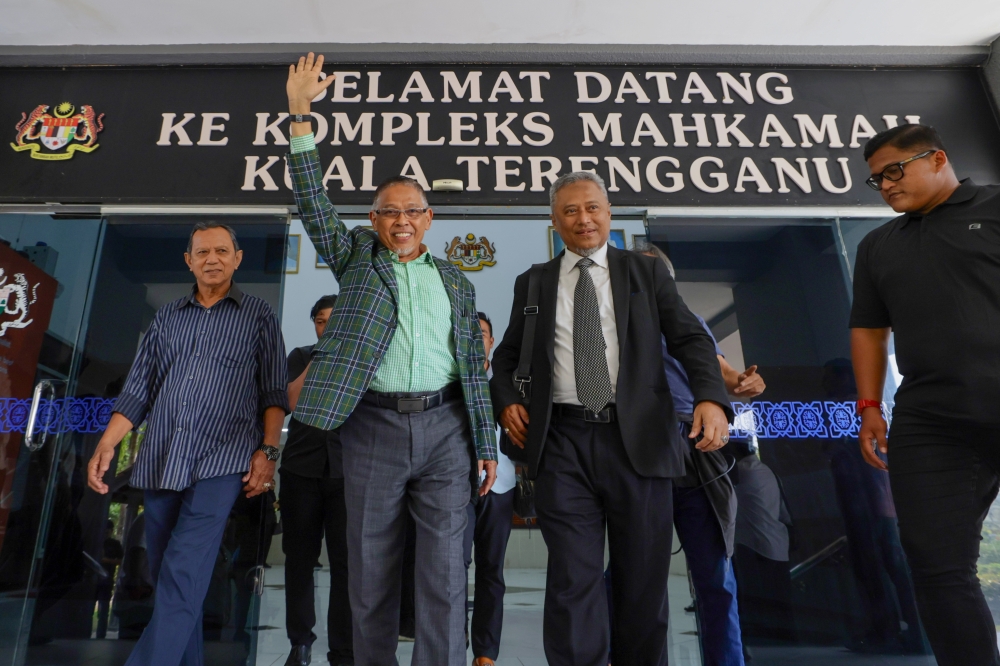PUTRAJAYA, Feb 29 — Stability is key to a country’s economic development journey, and in a pluralistic society like Malaysia, unity is a critical element to enable the people to live and work in peace, said Plantation and Commodities Minister Datuk Seri Johari Abdul Ghani.
He said that political stability is highly needed, with the concept that the various political parties in the country with their own agendas and ideologies cannot hinder national economic growth.
“Unity cannot be seen in a silo. If the various communities are only concerned about their respective communities, many differences will arise,” he said during a Madani discussion session entitled “Unity Aspirations Strengthens the Bumiputera Agenda” at the Bumiputera Economic Congress (KEB) 2024 here today.
Touching on national economic statistics, Johari said that bumiputera make up 70 per cent of the country's population but their corporate equity ownership stands at a mere 18.4 per cent.
The bumiputera poverty rate is also the highest at around 7.9 per cent.
As for bumiputera who venture into business owing to poor job opportunities or lack of educational qualifications, Johari said some are not ready to become entrepreneurs.
“They are not ready, but some have been given many government contracts, so the concept of ‘Ali Baba’ emerged, as the contracts given to them were passed along to non-bumiputera to gain quick profits.
“(To counteract this,) access to quality education is the first step, so that the bumiputera community is not left behind,” he said.
Commenting on the economy and entrepreneurship, Johari said Malaysia could not run away from the concept of unity; without it, it would be difficult to develop the country’s economy.
In his view, government assistance alone would not have a significant impact on the bumiputera economy as the community also needs to help itself by increasing its entrepreneurial knowledge.
Meanwhile, on the problem of “Ali Baba” entrepreneurs, he proposed a database be set up and monitored by the government.
He expressed hope that this would be one of the KEB 2024 resolutions, as it would help in addressing gaps in implementation.
“Without this database, we will continue to make the mistake of giving opportunities to the wrong people, who are not real entrepreneurs.
“If the banks have a Central Credit Reference Information System (CCRIS) and the private sector uses the Credit Tip-Off Service (CTOS) to verify, the government also needs to establish (a platform) for the same purpose,” he added. — Bernama


